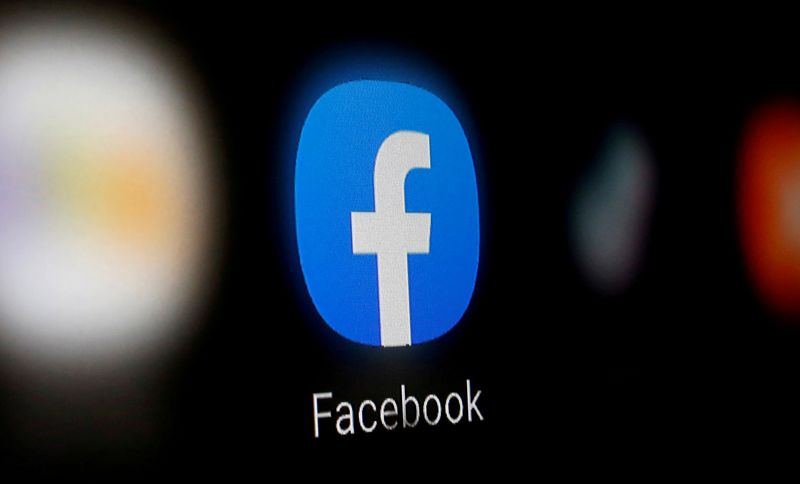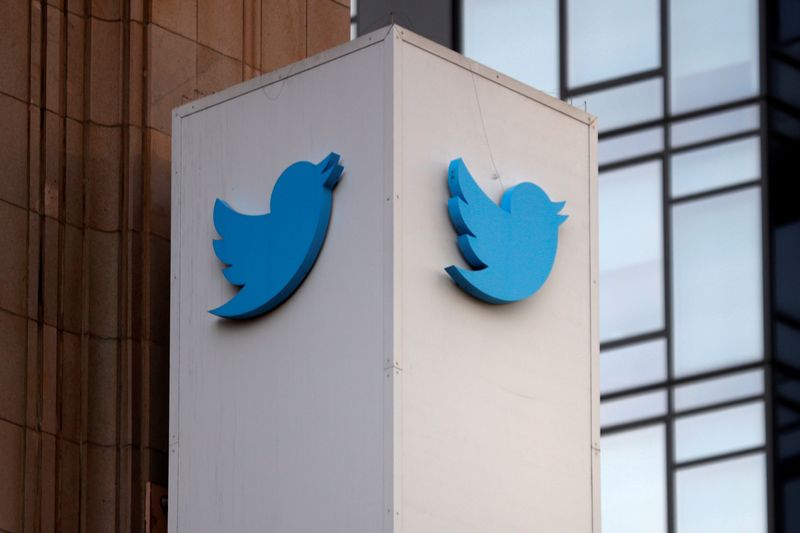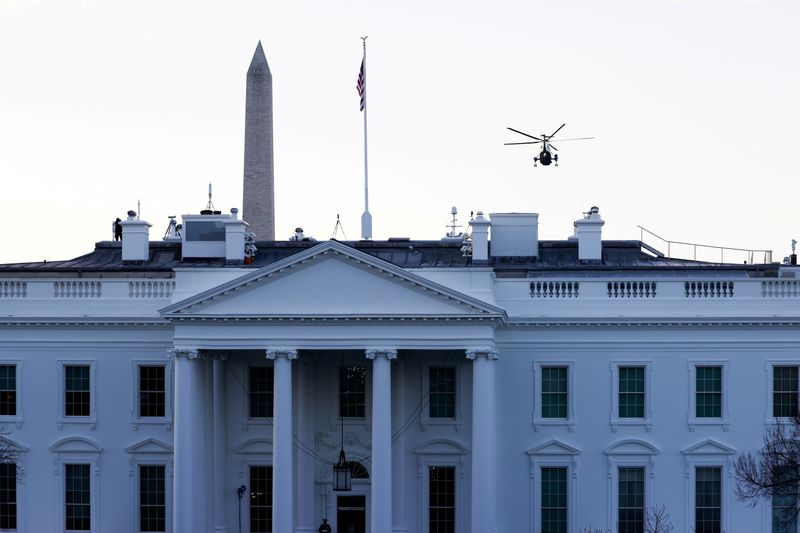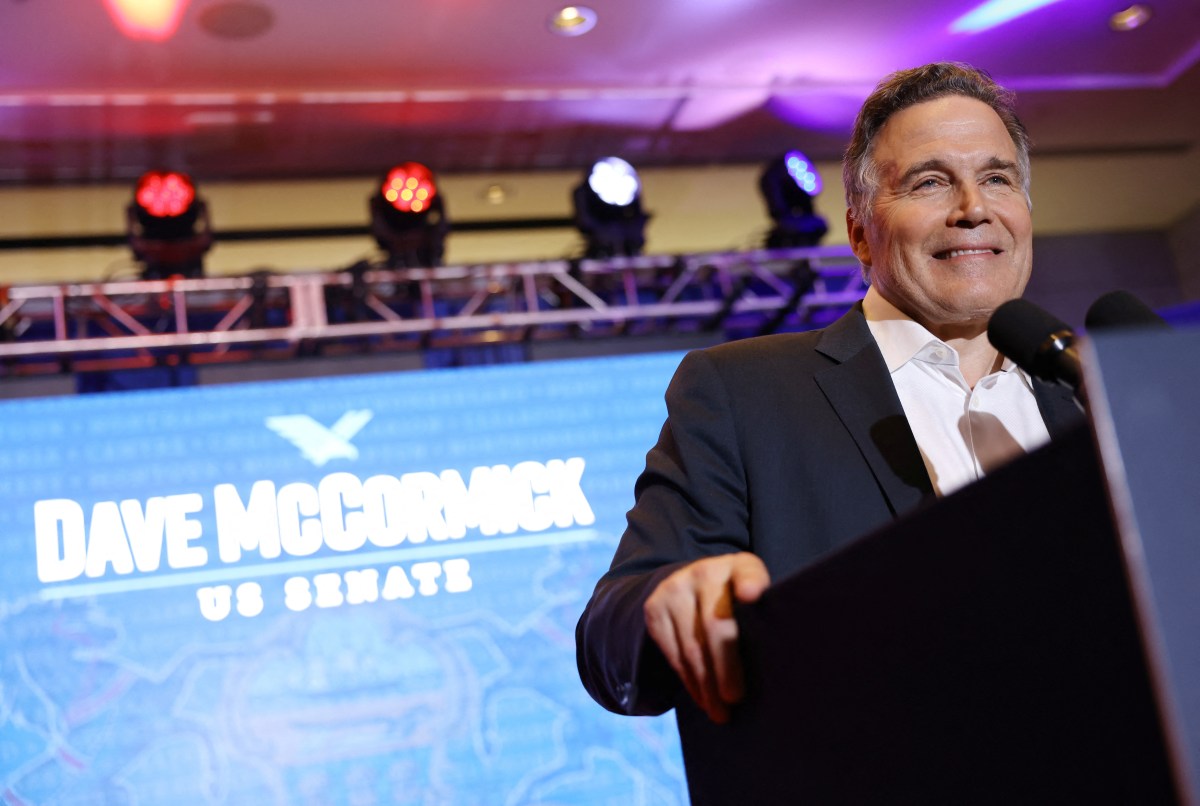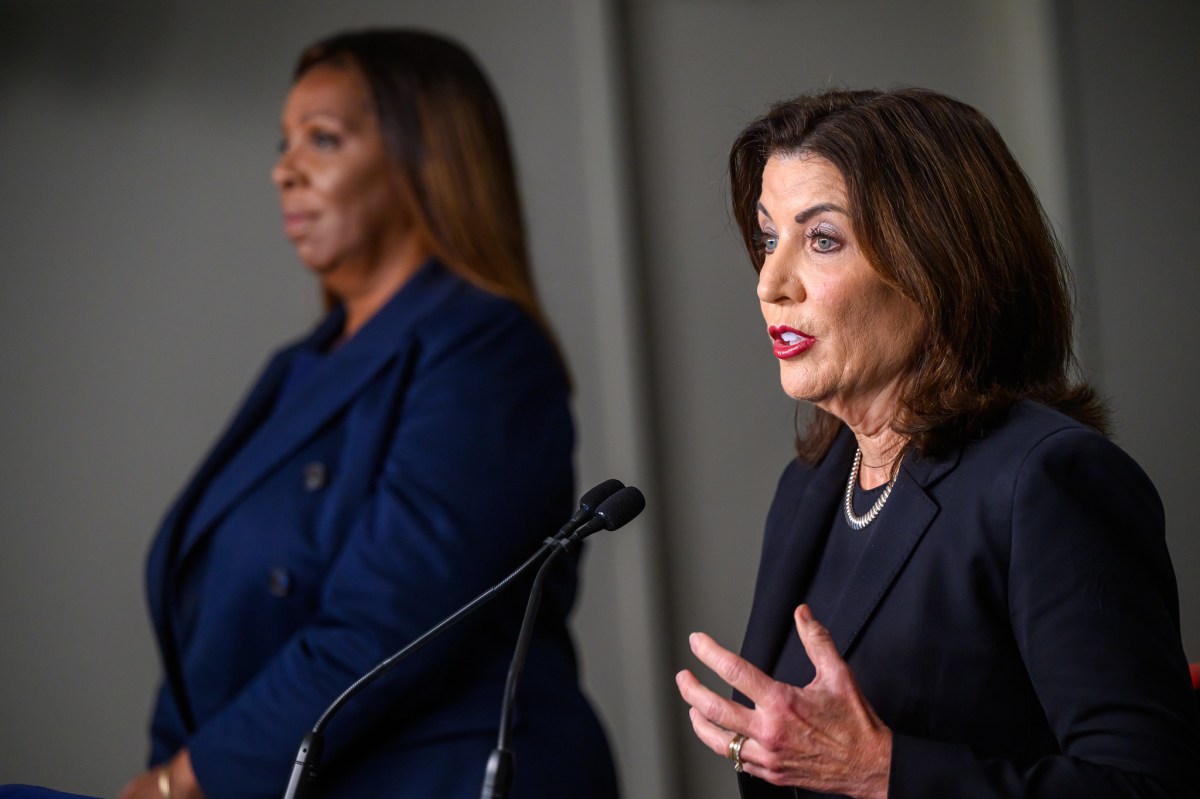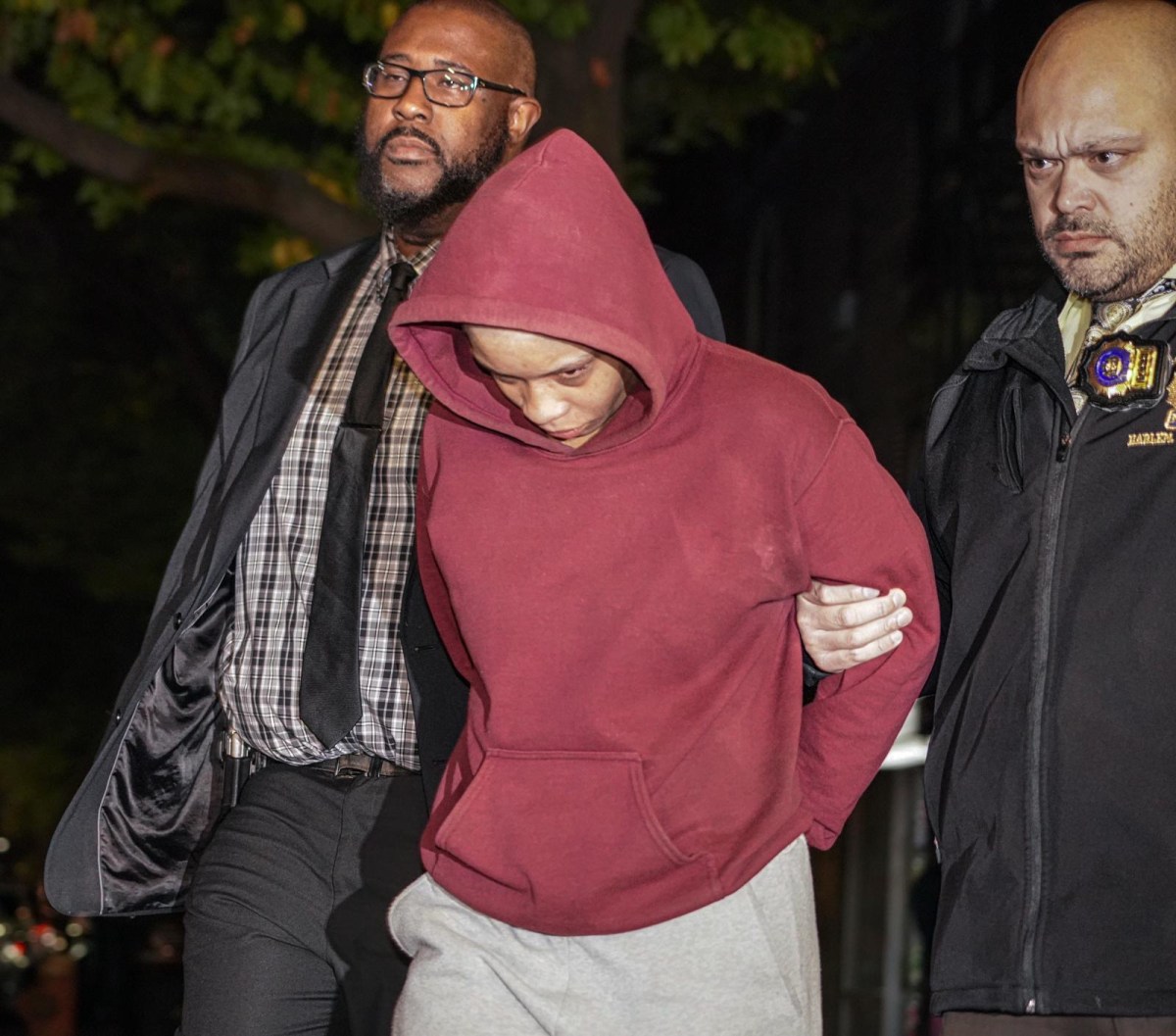PALO ALTO (Reuters) – Social media companies are under close scrutiny over their handling of misinformation and threats of violence tied to the inauguration of President-elect Joe Biden on Wednesday, amid conflicting signals in far-right forums about possible attacks.
The companies have sought to distance themselves from the violent storming of the U.S. Capitol by supporters of outgoing U.S. President Donald Trump on Jan. 6, following weeks of toxic rhetoric and organizing online.
Here’s what each company says it is doing:
The world’s biggest social media company says it has blocked the creation of any new events near strategic places like the White House, the U.S. Capitol and state capitol buildings through Inauguration Day.
Facebook also re-introduced a measure used after the presidential election that gives added weight in its news feed algorithm to publishers considered authoritative, based on an internal “news ecosystem quality” scoring system.
Other temporary changes include blocks on the ability of people who have repeatedly violated policies to create events, groups, pages and live videos, as well as stepped-up requirements for users running groups to pre-approve posts.
On Saturday, Facebook said it would prohibit ads for weapon accessories like gun holsters and vests until at least two days after the inauguration, although researchers have spotted such ads even after the ban.
The company suspended Trump at least through Inauguration Day, saying he used Facebook to “incite violent insurrection,” and has no plans to lift the ban even after that.
After the Capitol unrest, Twitter announced steps to limit amplification of tweets violating its election misinformation rules, blocking likes, replies and retweets of those messages.
Users can still quote the tweets, but must add their own comments before sharing, it said.
The company also updated its “civic integrity” policy to establish a strike-based enforcement system for misleading election claims and purged more than 70,000 accounts for sharing QAnon content.
A Twitter spokeswoman declined to say whether the company was restricting automated content recommendations, such as suggestions for users to follow, or to disclose specific terms being blocked from appearing in “trending” topics.
On Inauguration Day, Twitter will transfer control of official White House accounts like @WhiteHouse and @POTUS to the Biden administration.
The company permanently suspended Trump’s personal account @realDonaldTrump, citing the risk of further incitement. That account had been his primary megaphone throughout his presidency.
YOUTUBE
YouTube, Alphabet Inc’s video streaming platform, said it has put in place “additional protective measures” for Inauguration Day, without elaborating.
The company bars live videos that show someone using a firearm, but declined to say whether it was imposing any further restrictions on livestreams or making temporary changes to its systems for recommending content.
On Tuesday, YouTube extended a one-week ban on Trump’s account for at least an additional seven days, citing “concerns about the ongoing potential for violence.”
PARLER
Parler, which styles itself as a “free-speech” space, remains largely offline after being dropped by Amazon’s hosting arm and major app stores after the Capitol attack, with partners citing its poor record of policing calls for violence.
A static version of its website returned on Jan. 15 with the help of a Russian-owned technology company and has featured a handful of posts by executives and others, including Fox News host Mark Levin.
Jeffrey Wernick, Parler’s chief operating officer, told Reuters the company was posting those comments on behalf of “friends who reached out” and had not yet put in place any new content guidelines.
DLIVE
Niche video streaming platform DLive, in the spotlight after far-right personalities used it to broadcast live during the Capitol siege, said it would block all live streams from Washington, D.C. on Jan. 20.
The company, popular with video game streamers, also started proactively reviewing content in the non-gaming “X-tag” section of its site and halted the ability of streamers there to earn money off their videos, it said.
TWITCH
Amazon’s livestreaming platform declined to disclose whether it had put in place any specific measures related to the inauguration.
The company said it removes content that incites or glorifies violence and was monitoring for policy violations. It has carried graphic livestreams of extremist violence before, including shootings in Germany in 2019.
Twitch disabled Trump’s account indefinitely after the Capitol attack and said it would reassess the ban after he leaves office.
SNAPCHAT
Snap Inc maintains it faces fewer problems with extremism and incitement to violence than other platforms because of Snapchat’s design: no open news feed, pre-approval for promoted content and limits on the size of group chats.
A spokeswoman said an internal team is conducting regular proactive sweeps for rules violations around the inauguration, but the platform is not making any other changes.
Snap permanently terminated Trump’s account after the Capitol unrest, “based on his attempts to spread misinformation, hate speech, and incite violence.”
Reddit did not respond to a request for comment on its plans for inauguration week.
The company had long hosted r/The_Donald, a popular online home base for Trump fans, but shut down the forum last year for violating hate speech rules.
It banned another forum, r/DonaldTrump, after the Capitol siege, citing policy violations related to the violence there.
(Reporting by Katie Paul; Editing by Nick Zieminski)

